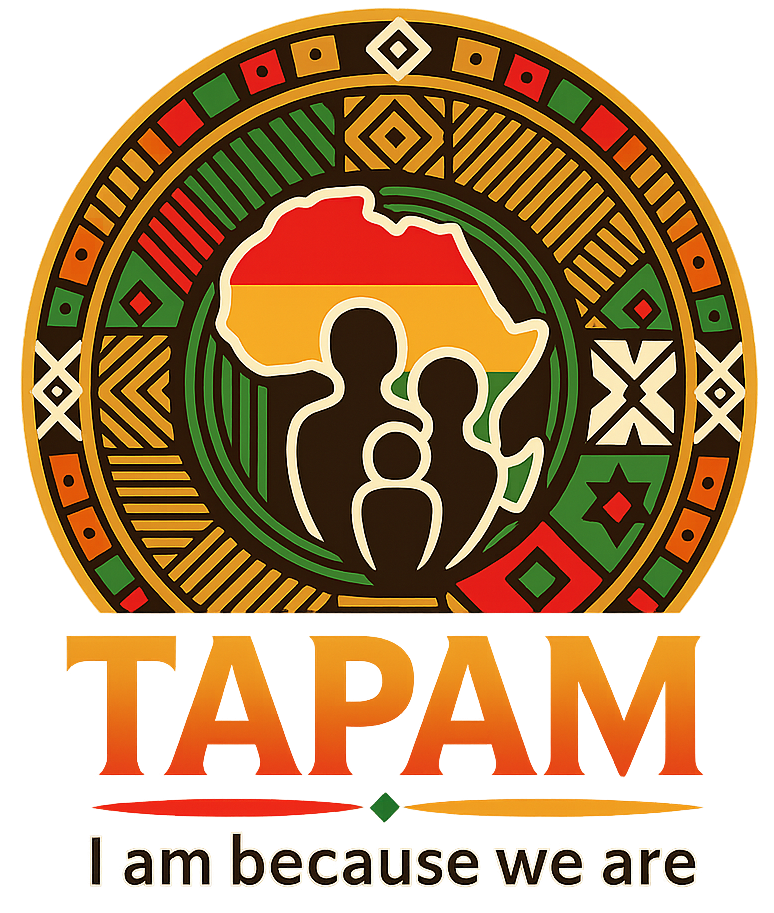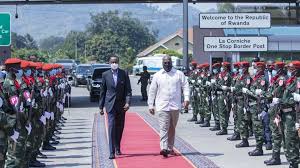
The political crisis of the Democratic Republic of Congo (DRC) and Rwanda is not a border dispute between neighbors or ethnic strife. It is a tragic saga of manipulation, exploitation, and greed—a microcosm of how Africa’s resources and people have been continually exploited by external and regional actors. The newly released UN report S/2024/432 strips away any lingering ambiguity about the war in eastern Congo. It confirms that Rwandan President Paul Kagame’s ultimate goal is the annexation of the mineral-rich Kivu Provinces. For years, Rwanda has claimed its interventions in the Democratic Republic of Congo (DRC) were necessary to neutralize the Hutu a militia from in the aftermath of the 1994 genocide. This narrative has long been used to justify repeated military incursions. But the UN’s findings expose the truth: Rwanda’s claims of security are a smokescreen. The real project is expansionist—territorial conquest for economic gain.
*The Remote Roots: Colonies and Monarchy*
To understand the roots of this tragedy, one must look to the colonial era. German East Africa (Deutsch-Ostafrika) was Germany’s largest overseas colony, existing from the 1880s until the end of 1st European War (1885–1919). Rwanda fell under German rule, later Belgian, while the Congo became the personal colony of King Leopold II, exploited with unmatched brutality. However, unlike Congo which was under direct rule, Rwanda was governed indirectly through the Tutsi monarchy and local chiefs. German colonial policy relied on Rwanda’s centralized state structure under the mwami (king), reinforcing the power of the Tutsi elite over the Hutu majority.
Belgium intensified these divisions, entrenching ethnic hierarchies that later exploded into recurring violent political crises. Meanwhile, Congo’s resources—rubber, ivory, uranium—were plundered with no regard for human life. From the outset, the Great Lakes region was shaped by colonial extraction, setting the stage for future conflicts.
*The 1990 Civil War and Its Aftermath*
The colonial legacy erupted catastrophically in 1994, when nearly one million Rwandans were slaughtered in just 100 days. The roots of this tragedy can be traced back to 1990, when the Rwandan Patriotic Front (RPF), composed largely of Tutsi exiles based in Uganda, invaded northern Rwanda. This invasion escalated long-standing ethnic tensions and set the stage for a cycle of violence and militarization. Over the next four years, political maneuvering, armed clashes, and extremist propaganda culminated in the genocide, targeting Tutsi civilians and moderate Hutu. What has often been described as a “spillover” into Congo was, in fact, engineered by Operation Turquoise, a French-led intervention that funneled fleeing Hutu militias and civilians into Zaire. Rather than facilitating repatriation, Kagame’s government refused their return, leaving eastern Congo overwhelmed with displaced populations and armed groups. This crisis became Rwanda’s permanent justification for military incursions, framed as defensive actions against genocide perpetrators. Yet, as UN report S/2024/432 confirms, these interventions masked a more deliberate project: a long-term strategy to secure and ultimately annex the mineral-rich Kivu provinces.

*Annexation and Its Illegality*
Annexation is the theft of land—the forcible seizure of one nation’s territory by another—and is universally condemned under international law. The UN Charter guarantees the sovereignty and territorial integrity of states, and the African Union goes further, declaring that colonial borders must never be redrawn. Rwanda’s attempt to annex the Kivu provinces, as exposed in the UN report, violates both global and African law. By pursuing this path, Rwanda undermines African unity and betrays the sacrifices made to free the continent from colonial domination.
*Crimes Against Humanity in the Kivus*
The human cost of Rwanda’s annexation project is catastrophic. Entire communities in North and South Kivu have endured massacres, sexual violence, and forced displacement. These are not incidental consequences of war—they are predictable outcomes of a campaign that treats human life as expendable in pursuit of minerals such as coltan, cobalt, gold, and tin, which power smartphones, electric cars, and global industries. By international legal standards, these acts constitute crimes against humanity. The UN report confirms what Congolese people have long known: Rwanda’s interventions are about securing resources and redrawing borders for profit, not defending against security threats.
*Congo’s Compliance versus Rwanda’s Defiance*
The DRC has consistently acted in good faith, fulfilling its diplomatic obligations and adhering to regional agreements such as the Luanda and Nairobi Processes, as well as international frameworks including UN Security Council Resolution 2773 and the Washington Peace Agreement. It has brought the case before the African Court on Human and Peoples’ Rights, pursuing justice and accountability for war crimes.
By contrast, Rwanda has repeatedly refused to cooperate, obstructing mediation, ignoring deadlines set by the Doha mediators, and arming proxies such as M23. The continued presence of Rwandan Defense Forces inside Congolese territory removes any pretense of diplomacy. This is no longer a proxy conflict; it is a direct invasion of sovereign Congolese land, undermining both Congo’s sovereignty and the credibility of African-led peace initiatives.
*A Continental and Global Reckoning*
This conflict transcends a bilateral dispute—it is a continental wound and a global scandal. Africa’s largest country, rich in critical resources, is being exploited while foreign powers and multinationals profit from the ensuing instability. When one African state invades another to loot resources, the continent is forced to relive the patterns of colonial extraction that have long divided and weakened it.
*The Way Forward*
To address this crisis, several steps are imperative:
·The DRC must pursue justice for victims of atrocities in the Kivus, ensuring recognition, reparations, and international accountability.
·Rwanda must be held accountable for ongoing violations of sovereignty and crimes against humanity.
·Africa must unite around a continental mineral strategy sush as the African Mining Vision which encourages the processing and profiting from resources rather than allowing them to be stolen through conflict.
·The African Union and UN must recognize Rwanda’s military presence in Kivu as an invasion, not a dispute.
*Conclusion*
The DRC has chosen diplomacy and compliance; Rwanda has chosen defiance and aggression. The UN’s confirmation of Kagame’s true aims should end the false equivalence between the two. This is not a border dispute, nor primarily an ethnic struggle—it is a naked project of annexation and resource theft. Ignoring it betrays not only Congo but also Africa and the principles of Pan-African rule of law.
Credits: M.A. ATIKU DANDODO & PATRICIA




